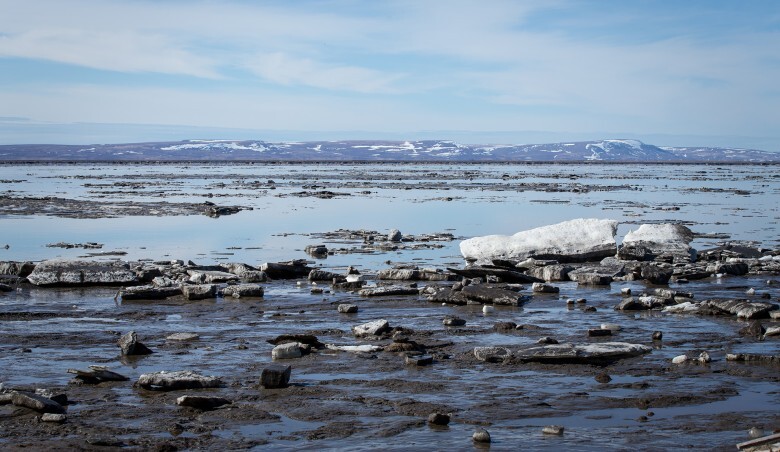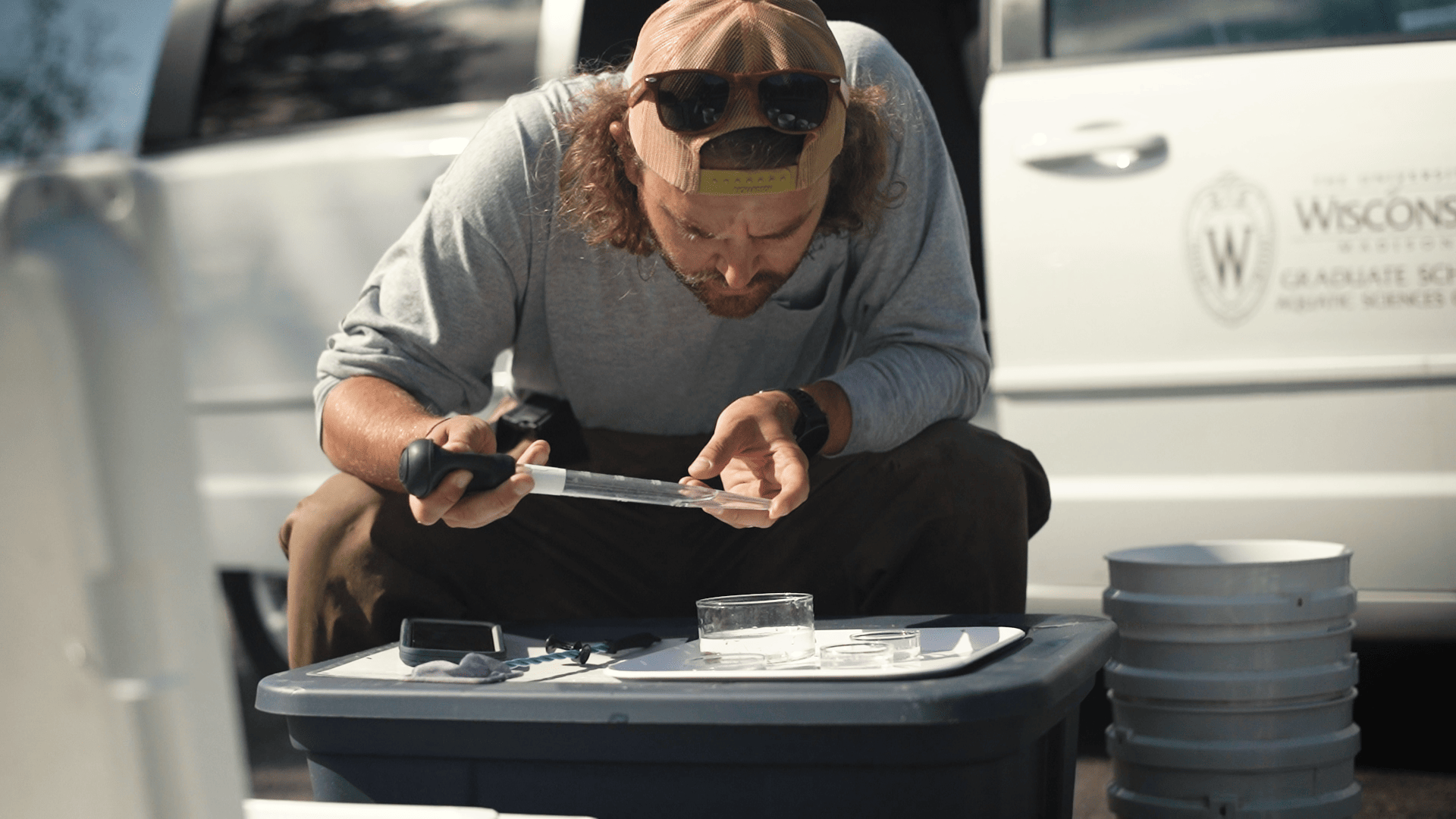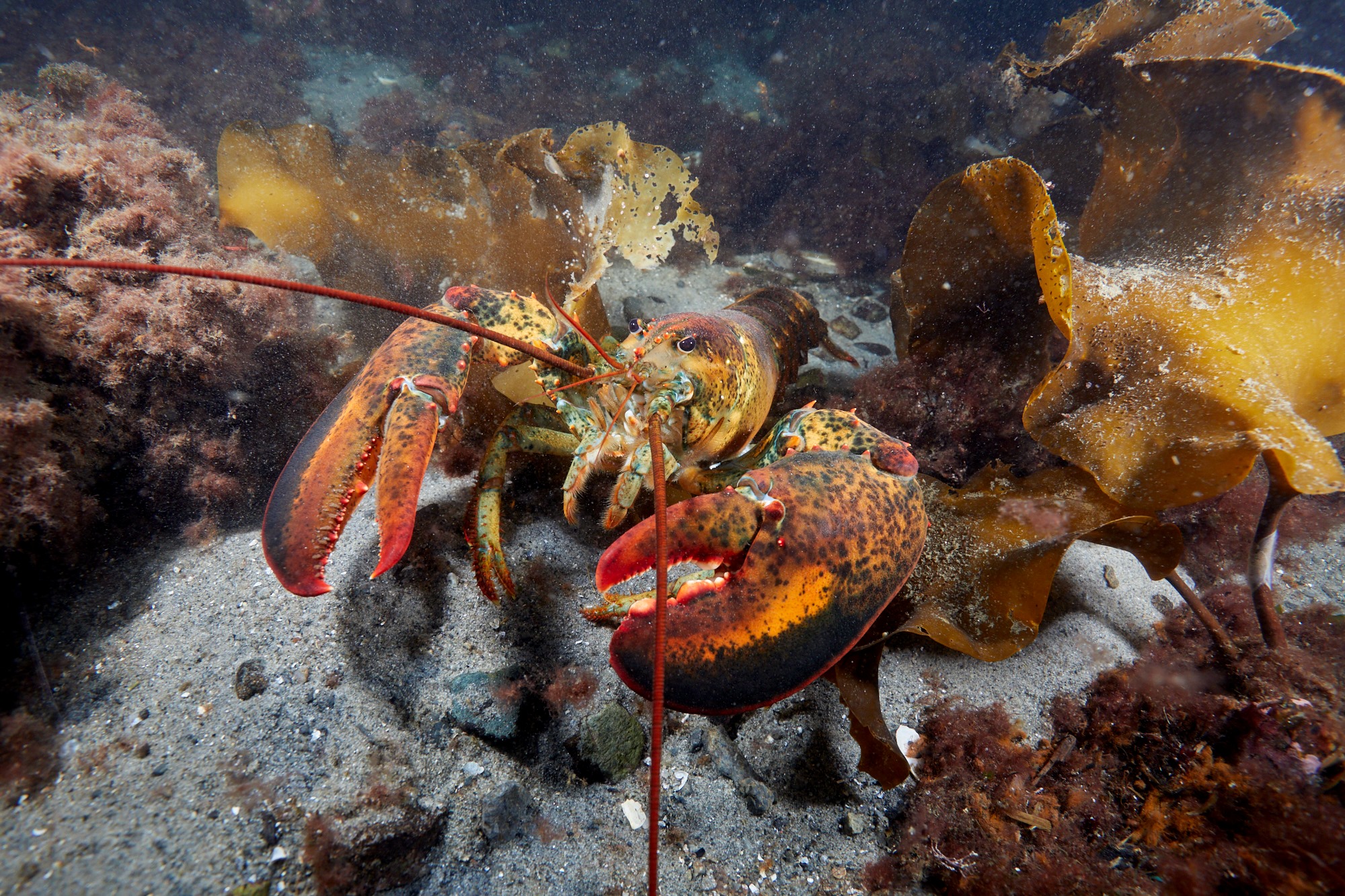Insights and monitoring recommendations for Washington State geoduck farms
New peer-reviewed research on geoduck aquaculture increases understanding of how industry operations might affect Puget Sound and Strait of Juan de Fuca environments. Those key findings are included in a report released today by Washington Sea Grant (WSG).
“This groundbreaking study will inform sustainable management of geoduck aquaculture,” said Penny Dalton, WSG director. “It’s also a model for successful collaborative research that relied on a diverse team of scientists, growers, managers and funders. Thanks to everyone’s contribution, we have new insights into the environmental effects of aquaculture, from the time young geoducks are planted through their harvest.”
Also released with the report is a literature review of more than 420 peer-reviewed papers on shellfish aquaculture. Combined, the report and literature review provide recommendations for future research and monitoring approaches to support sustainable geoduck aquaculture in Puget Sound and the Strait of Juan de Fuca.
Geoduck harvesting is an $80 million industry in British Columbia and Washington state, which supplies nearly half of the world’s supply of the unusual long-necked clams. About 4 million pounds of the annual harvest come from wild stock. Farmed clams make up around 1.3 million pounds per year, or about 90% of global geoduck aquaculture production and clams can fetch up to $100 per pound overseas.
The potential environmental impacts of aquaculture have been a subject of ongoing discussion between shoreline communities and shellfish growers. Without more information about geoduck farming’s effects on intertidal areas, it has been difficult to accurately project the environmental impacts of expanding geoduck aquaculture in the Pacific Northwest.
“Our research program found that populations of some species are altered by geoduck aquaculture activities, but that the range of effects varies from modestly negative to modestly positive,” said Dr. Glenn VanBlaricom, one of the report’s principal investigators. “We found no evidence that geoduck aquaculture is causing fundamental shifts in ecosystem-scale structure or function in Puget Sound.”
WSG, a National Oceanic and Atmospheric Administration-funded marine research and education organization based at the University of Washington, used a rigorous scientific process to carry out the six-year research program. The work received initial funding from state appropriations and subsequent support from the Washington Department of Natural Resources, University of Washington, Washington Department of Ecology and National Sea Grant College Program. Future geoduck aquaculture research will build upon the strong working relationships between the program’s many stakeholders to develop best practices for sustainable industry management.
The full report is available online at http://wsg.washington.edu/research/geoduck/. Local area news coverage can be found here
BACKGROUND: In 2007, the Washington Legislature enacted Second Substitute House Bill 2220 (Chapter 216, Laws of 2007) to commission studies assessing possible effects of geoduck aquaculture on the Puget Sound and Strait of Juan de Fuca environments. The bill called on Washington Sea Grant to establish a six-year research program, reporting the results back to the Legislature by December 1, 2013.


